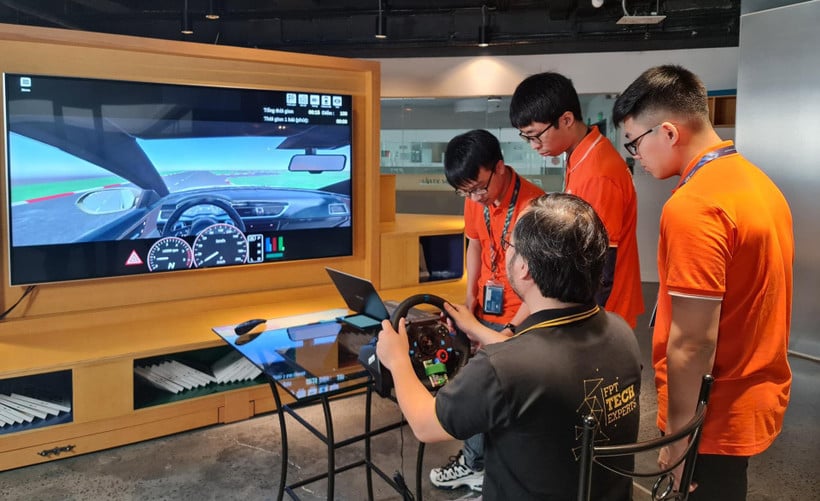
With breakthrough resolutions on technological innovation, with the contribution of ministries, departments, branches and embassies of various countries, on the journey of carrying out the mission of technological diplomacy , Vietnamese enterprises have been and are having “supports”. However, to implement the strategy of international cooperation on technology, we still have a lot of work to do.
Businesses need more "support"
To participate in the global value chain, science and technology are identified by the Party and the State as important “keys”, according to Mr. Nguyen Van Khoa, General Directorof FPT , with 4 breakthrough resolutions - “four pillars” just issued by the Politburo and Decision 1131/QD-TTg, technology enterprises have enough leverage to accelerate. This is also a big step forward in development thinking.
However, if policies want to become a driving force, they must not "spread nails" - that is, they must not create additional barriers, procedures, or regulations that hinder innovation and creativity. The resolutions are complete, clear, and groundbreaking. Now is the time for a synchronous, drastic, and rapid engagement of the entire political system to realize the spirit of the resolutions into concrete actions.
Therefore, Mr. Khoa believes that the State needs to have a strong incentive mechanism for R&D activities, as well as public-private partnership models in high-tech fields such as AI, semiconductors, and cybersecurity. This is the foundation for Vietnamese enterprises to compete fairly in the international market.
Second, a national program should be developed to support technology enterprises to participate more deeply in the global value chain, not only exporting services but also developing products with high intellectual content and bearing the Vietnamese brand.
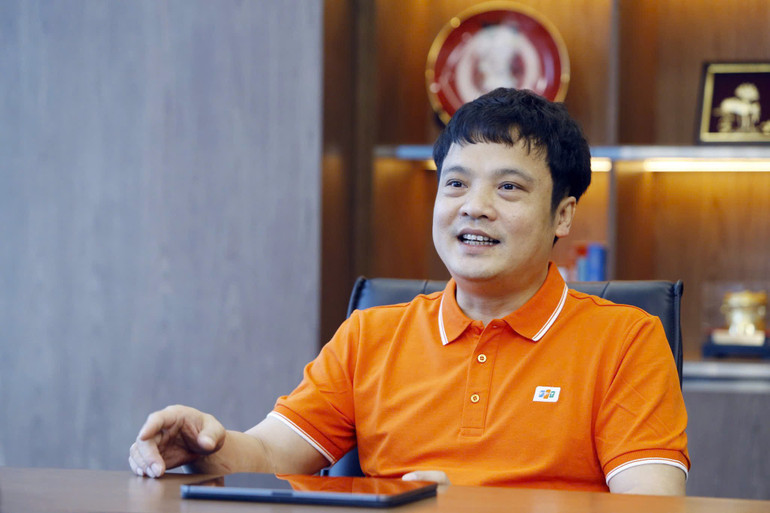
Third, there needs to be a “one-stop” mechanism to connect state diplomacy and business diplomacy. This will help businesses be more proactive in participating in international cooperation programs, while also speeding up the process of receiving and applying new technology from outside.
In addition, specific policies to support businesses investing abroad are also needed. The role of Vietnamese representative agencies abroad is also very important, they are the "radar" to search for cooperation and connection opportunities for Vietnamese businesses.
“We should proactively organize more international conferences and seminars in Vietnam to attract scientists and technology experts to work and cooperate. Because only when the world knows more about Vietnam, will Vietnamese businesses have more opportunities to step out and assert themselves,” said Mr. Khoa.
As for Ambassador Pham Quang Hieu, to further promote technological cooperation with Japan, Vietnam needs to pay attention to policies such as further promoting joint research cooperation mechanisms between institutes and businesses of the two countries in many key and strategic areas of the two countries.
In which, the cooperation mechanism through the Research Fund has been effectively implemented by countries around the world and has become an international standard. Vietnam needs to research, revise, supplement the cooperation mechanism and increase funding for Vietnamese Science Funds to cooperate with Japan (such as the number of projects, scale, and methods of disbursement).
In addition, it is necessary to review bilateral cooperation between institutes, schools and enterprises signed with Japan, select priority and key partner pairs to promote development into strategic partners, invest large enough funds in the medium- and long-term so that strategic partners can carry out activities (effectively) with larger scale and longer-term goals, not just stopping at one or two small projects, or training a few human resources in a short period of time.
This is also one of the solutions that need to be implemented to raise the international and Asian level of Vietnamese institutes and schools. In an era of rapid technological change, existing institutions and mechanisms are always at risk of becoming outdated, unable to adjust, and meet the requirements of technological development.
Sandbox testing mechanisms have been implemented by developed countries, including Japan, so that businesses can test new technologies. Vietnam also has a policy of building and implementing a sandbox mechanism. It is necessary to quickly complete and refer to Japan's experience to meet the requirements of businesses of the two countries in testing new technologies in Vietnam and even Vietnamese businesses can test new technologies in Japan according to Japan's policy of attracting technology development from abroad.
“Other necessary policies and mechanisms include public-private partnership mechanisms in technology research and development projects, strategic technology transfer with coordination and support from the State, along with perfecting policies on intellectual property, copyright assurance, and technology security when cooperating with Japan and developed countries,” Ambassador Pham Quang Hieu shared.
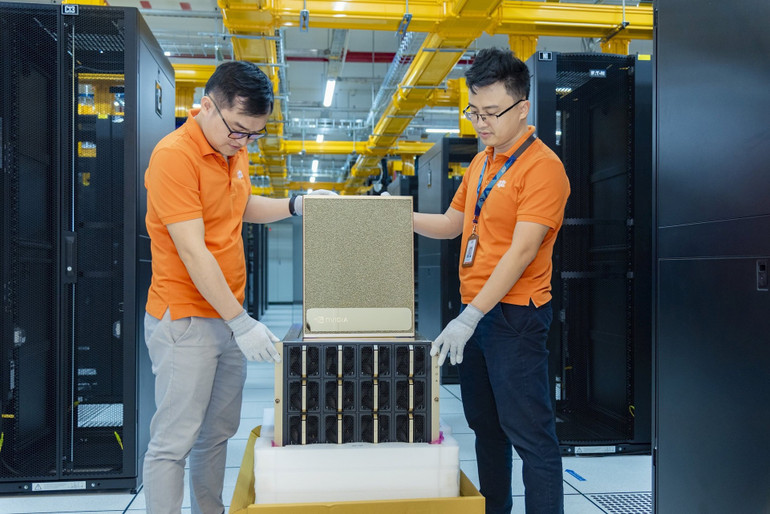
According to Mr. Nguyen Van Khoa, General Director of FPT, through many business trips, he has increasingly seen the important role of the Ministry of Foreign Affairs, especially the Department of Economic Diplomacy, in accompanying businesses. Not only connecting and promoting meetings, connecting Vietnamese businesses with businesses from other countries, but also participating deeply in designing programs, meeting content as well as closely monitoring the implementation of the content of the exchanges.
“We always hope that the Ministry of Foreign Affairs and Vietnamese representative agencies abroad will continue to strengthen their role in accompanying businesses. We have even proposed to the Ministry of Foreign Affairs a plan to assign the task of promoting economic diplomacy to Vietnamese diplomatic representative agencies abroad.
Not only the Ministry of Foreign Affairs, but also other ministries and sectors such as the Ministry of Finance (formerly the Ministry of Planning and Investment) also support in removing obstacles in overseas investment procedures to ensure that businesses comply with international standards on capital flow management, control and prevention of related legal risks. Thanks to that, Vietnamese businesses are not only confident in expanding their operations, but also have guarantees from the State, creating a solid foundation for the journey of global integration," said Mr. Khoa.
Technology is not only a means but also a platform to help Vietnam go faster and further.
International cooperation in science and technology is increasingly expanding in many fields, including: Natural sciences (improving scientific level, rational use of natural resources, environmental protection and sustainable development), social sciences and humanities (providing scientific arguments for planning the Party's policies and guidelines and the State's policies), science and technology (improving growth quality, efficiency, and competitiveness of the economy, strengthening national defense and security, and serving public purposes).
If in the past, research cooperation activities were based on the traditional strengths of each country, now in the context of cooperation and competition in scientific and technological development in the world continuing to develop in a complex and unpredictable manner, Vietnam is entering a new stage of development with many high socio-economic development goals.
Currently, the world has about 10 countries with outstanding capabilities, with strengths and leading roles in different fields: United States (AI, space technology, biology, cloud/quantum, cyber security, semiconductors); China (AI, 5G/6G, clean energy batteries, rare earths, space, semiconductors); Japan (5G/6G, robots, advanced materials, semiconductor manufacturing equipment and chemicals, space); South Korea (5G/6G, semiconductor memory chips, robots, energy batteries, AI); Germany (robotics/automation, materials & batteries, cloud infrastructure, aerospace); UK (AI, cyber security, biotechnology); France (aerospace, nuclear, security); Singapore (applied AI, data centers, cloud, cyber security, financial technology); Israel (AI, cyber security, biomedicine); Canada (quantum, deep learning AI, materials, biotechnology).
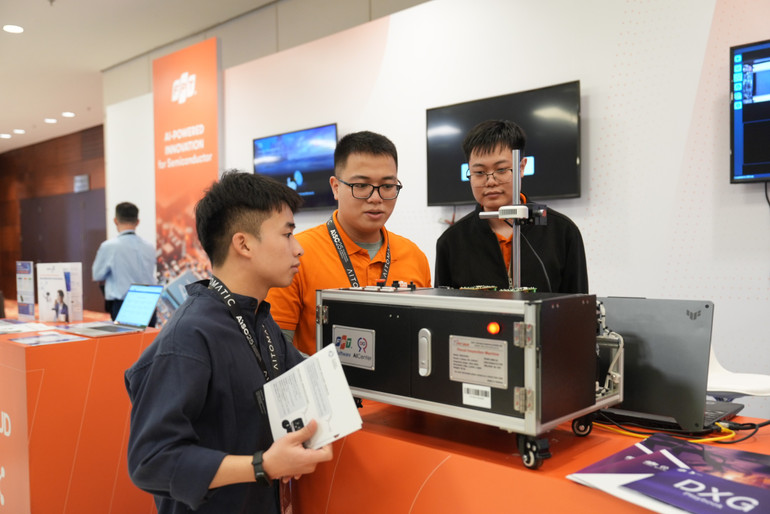
On June 12, 2025, Prime Minister Pham Minh Chinh signed Decision No. 1131/QD-TTg promulgating the list of strategic technologies and strategic technology products. According to Decision No. 1131/QD-TTg, Vietnam has 11 strategic technology groups and 35 strategic technology product groups. Vietnam will need to focus on in-depth development to avoid dispersion of resources, closely following the 11 technology groups and 35 strategic technology product groups.
The Ministry of Science and Technology is currently coordinating with the Ministry of Foreign Affairs to clearly identify a list of countries with leading strengths in these technology fields.
According to Mr. Hoang Huu Hanh, Deputy Director of the Department of International Cooperation, Ministry of Science and Technology, in 11 strategic technology groups, the ministry has set two spearheads. The first spearhead is the fundamental technologies of the Fourth Industrial Revolution and the digital economy, including artificial intelligence (AI), cloud computing, big data, next-generation mobile networks (5G/6G), and cybersecurity. The second spearhead that the ministry is focusing on is areas where Vietnam has potential, competitive advantages, or vital security-economic significance, such as semiconductor chip technology, advanced biomedical technology, energy technology and new materials, along with technology to exploit strategic resources such as rare earth and oceans.
Mr. Khoa also believes that technology diplomacy in the next 5-10 years will have a direct impact on the national position. The Party and the State have clearly identified this as a spearhead, a national mission. That means we must invest, have a budget, and attach KPIs to measure effectiveness. Technology is not just a means but a foundation to help Vietnam go faster and further.
“On the first day FPT stepped into the world, we chose software to affirm Vietnam’s capacity and today we continue to expand into digital transformation, green transformation, AI, semiconductors, digital car technology. That is also the way to promote the economy, create jobs, and increase income for people.
The future of Asia, Southeast Asia and Vietnam is AI and data. To participate, we need young human resources, which is Vietnam's advantage. The Party and the State have had policies and guidelines in this direction.
In 2045, when the country turns 100, the generation born today will enter the labor market. The path for them must be designed from now on. That is the vision that General Secretary To Lam pointed out at the right time and we must focus on making that generation a high-quality technology workforce for the world.
In the short term, Viettel, FPT and a number of businesses are contributing to realizing this vision," Mr. Khoa shared.
Put faith in the spirit of innovation and creativity of young people
According to Mr. Hoang Huu Hanh, Deputy Director of the Department of International Cooperation, Ministry of Science and Technology, to effectively carry out technology diplomacy in the coming time, Vietnam needs to develop specific criteria for evaluating and selecting personnel and a clear training and coaching plan to build a team of professional, interdisciplinary technology diplomacy personnel with capacity and understanding of technology and a clear understanding of the country's technology development strategy, negotiation and negotiation skills.
Therefore, regarding core personnel, the representative of the Ministry of Science and Technology said that it is necessary to improve the capacity of staff who understand strategic technologies (AI, semiconductors, etc.), have experience in research and implementation of R&D promotion, attract technology centers; have a team of experts in policy and legal development who understand intellectual property law, import-export control, technology appraisal and assessment.
Scientists trained abroad, experienced in connecting cooperation between institutes/schools and foreign partners to implement joint research projects. International cooperation officers are good at foreign languages, have experience in managing technology cooperation projects or joint research with foreign countries.
The core competencies to be developed are knowledge and understanding of priority technology areas (AI, biotechnology, robotics); trade-technology negotiation skills; technology and security risk assessment; diplomacy skills in building and connecting networks, policy advocacy, international project management; specialized languages (English + key partner languages), and understanding of business culture.

To have high-quality human resources, it is necessary to combine recruitment from traditional diplomacy and specific recruitment from units of the Ministry of Science and Technology, universities/research institutes. In addition, there should be accelerated training programs on basic techniques, intellectual property, international negotiations, technology assessment, technology security for staff. To attract science and technology talents, there should be incentive policies including competitive remuneration and overseas work allowances.
“The Ministry of Science and Technology currently has 23 Science and Technology Representative Offices in 19 countries. The Science and Technology Representative Offices are the extended arms of the Ministry of Science and Technology, and are a strategic bridge between Vietnam's research and innovation system and the global technology ecosystem.
The Science and Technology Representative Offices not only perform technical diplomacy tasks, but also survey and explore the market, seek and support technology transfer and attract resources, contributing directly to improving endogenous capacity and national position.
In addition to training domestic human resources, businesses believe that Vietnam needs to promote attracting the attention and contributions of intellectuals and overseas Vietnamese, especially those working in the field of science and technology, to strengthen knowledge connections, technology transfer and promote the sustainable development of the domestic technology industry.
Regarding this issue, Mr. Hoang Anh Tuan, Consul General of Vietnam in San Francisco, said that with the great advantage of the West Coast region, which is the Vietnamese community with many experts, engineers, and scientists working in leading technology corporations, the Consulate General of Vietnam in the US has also implemented many programs to mobilize overseas intellectuals through events such as "Vietnam-US Innovation Festival", "Global Vietnamese Intellectual Forum", and university-enterprise cooperation programs.
These activities not only facilitate technology transfer and professional consulting for Vietnamese enterprises but also promote start-up projects, R&D in the fields of AI, big data and semiconductor chip manufacturing in Vietnam. This is an important factor in forming high-quality human resources and a sustainable innovation ecosystem in line with the orientation of Resolution 57.
In Japan, Ambassador Pham Quang Hieu said that connecting businesses, research institutes and technology experts of the two countries is the top priority in the work of the Embassy, to carry out technology diplomacy and promote substantive cooperation through human resource training projects, joint research, technology development and technology transfer.
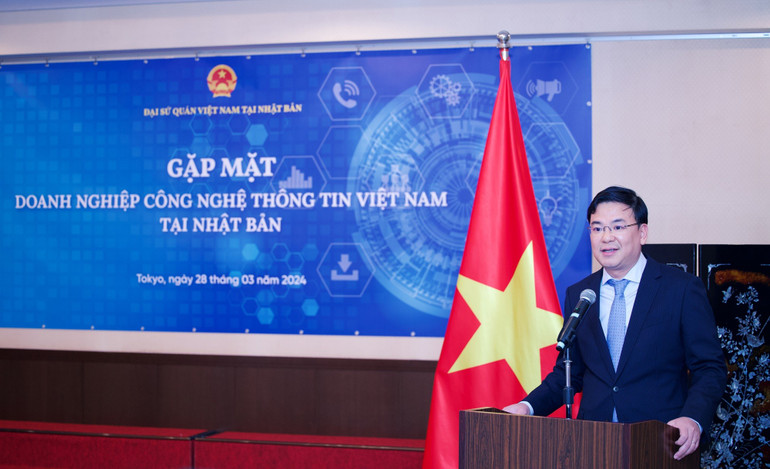
In recent times, the Embassy has focused on connecting and promoting the signing of framework cooperation agreements at the Government and ministries levels of the two countries in research and training, especially in key areas where Vietnam is promoting cooperation with Japan.
In May 2025, the Vietnamese Embassy in Japan organized a conference chaired by Deputy Prime Minister Nguyen Chi Dung to implement Resolution 57. This was one of the first conferences held abroad, with the participation of many Vietnamese scientists in Japan.
To promote cooperation between entities, the Embassy is coordinating with FPT Corporation, the Association of Digital Transformation Enterprises and domestic organizations to build a "Connection Platform" between ministries, branches, localities, enterprises and Vietnamese scientists abroad to promote the intelligence and enthusiasm of scientists for the development of science and technology in the country, and thereby attract the participation of Japanese schools, institutes and enterprises in implementing scientific, technological, innovation and digital transformation cooperation activities.
According to FPT Chairman Truong Gia Binh, if we consider a country as a technology partner to create the future together, we must discuss very carefully the goals of the two countries, the education system, businesses and the entire community.
Accordingly, if we are to do technological diplomacy, we must learn the local language. The two countries must act as “matchmakers” so that businesses from both countries can connect with each other. And very importantly, we must focus on training human resources.
“For example, the semiconductor industry lacks millions of workers, but no one wants to work in the semiconductor industry because it is picky. However, this industry “chooses” Vietnamese people because of their enthusiasm, diligence, long-term commitment, and passion for their profession. The Japanese, Koreans, and Taiwanese (China) used to be like that, but when their incomes increase, they no longer have such strong passion and desire,” said Mr. Binh.
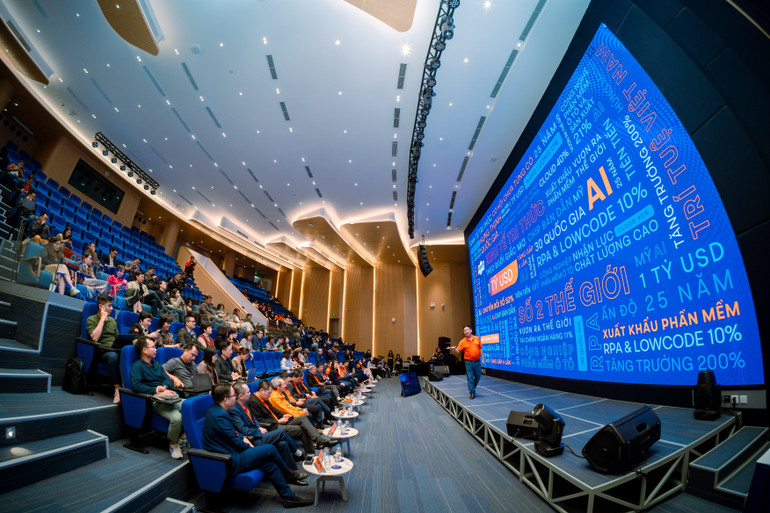
Therefore, the Chairman of FPT emphasized the need to analyze the labor market in several countries to have appropriate training strategies, providing high-quality human resources on a large scale for the world technology market.
“We do technology not only domestically but also globally. But to do that, the role of businesses is very important. The consensus of leading business groups of the two countries is very important. This consensus also needs the support of the two countries, which means there needs to be public-private collaboration.
Now we are doing public-private creation for Vietnam, but we also have to do public-private creation for international cooperation between countries to ensure that those countries have the human resources to continue to grow when they have an aging population. This formula is also suitable for Vietnam when we have a rapidly aging population. When the two countries plan together like this for the future, technology diplomacy will be very different and the role of the State and the role of businesses will also change," said Mr. Binh.
Source: https://nhandan.vn/go-global-cau-chuyen-khong-the-mot-minh-doanh-nghiep-tu-luc-post906148.html



![[Photo] Many people directly experience beloved Uncle Ho and the General Secretaries](https://vphoto.vietnam.vn/thumb/1200x675/vietnam/resource/IMAGE/2025/9/6/2f4d9a1c1ef14be3933dbef3cd5403f6)

![[Photo] General Secretary To Lam attends the 80th Anniversary of the General Staff of the Vietnam People's Army](https://vphoto.vietnam.vn/thumb/1200x675/vietnam/resource/IMAGE/2025/9/6/126697ab3e904fd68a2a510323659767)
![[Photo] 80th Anniversary of the General Staff of the Vietnam People's Army](https://vphoto.vietnam.vn/thumb/1200x675/vietnam/resource/IMAGE/2025/9/6/49153e2a2ffc43b7b5b5396399b0c471)
![[Photo] Rescuing people in flooded areas at the foot of Prenn Pass overnight](https://vphoto.vietnam.vn/thumb/1200x675/vietnam/resource/IMAGE/2025/9/6/19095b01eb844de98c406cc135b2f96c)



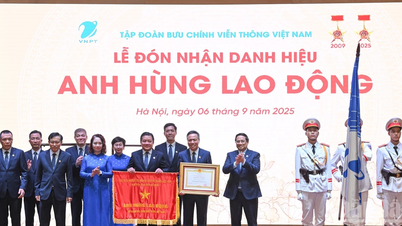




![[INFOGRAPHIC] Asteroid the size of a jet plane flies past Earth](https://vphoto.vietnam.vn/thumb/402x226/vietnam/resource/IMAGE/2025/9/6/f1e25952ab0242c9a8e156526caa69d4)


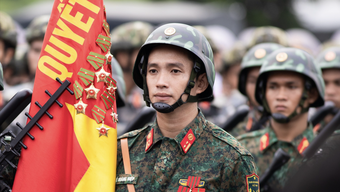
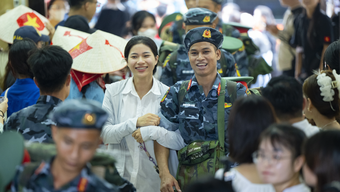





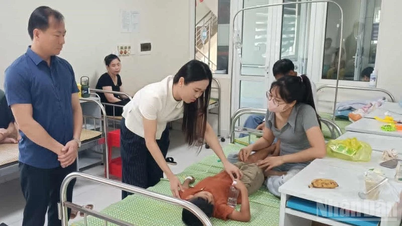











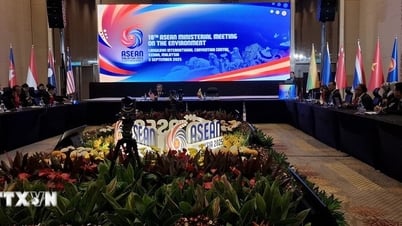


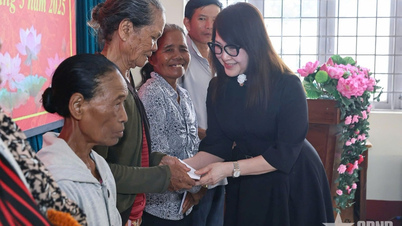





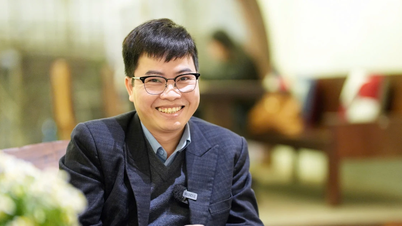
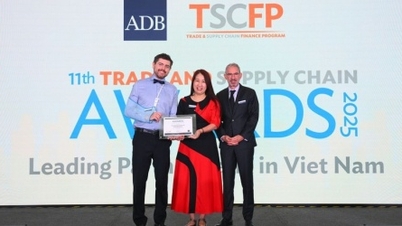

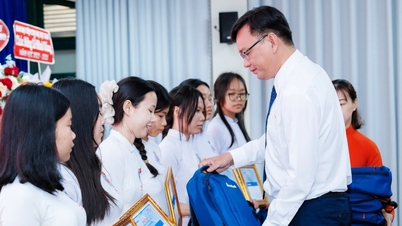

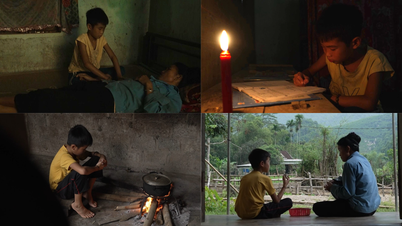


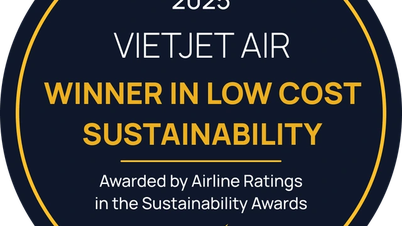
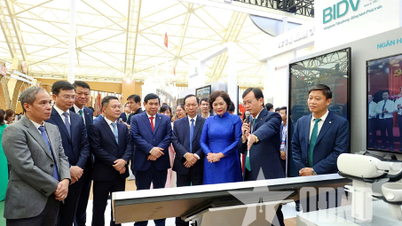
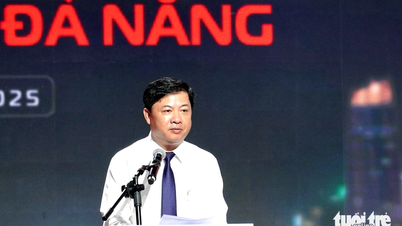



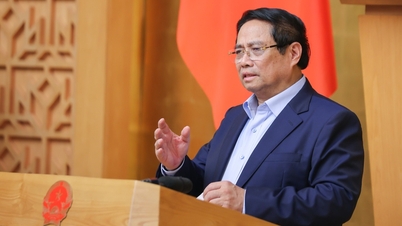


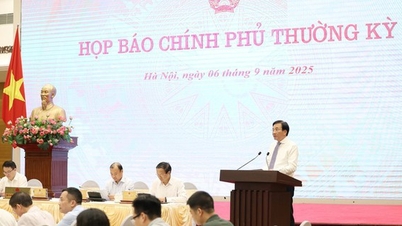


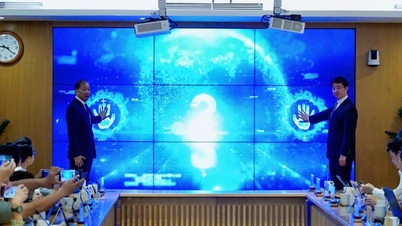

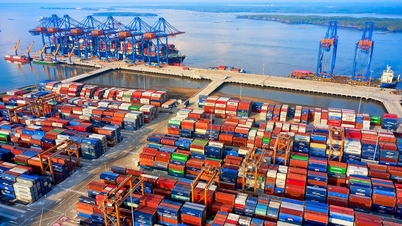

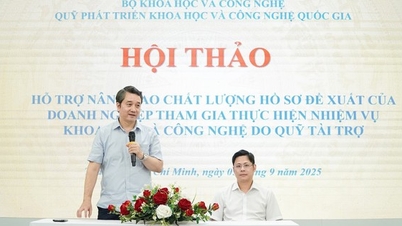
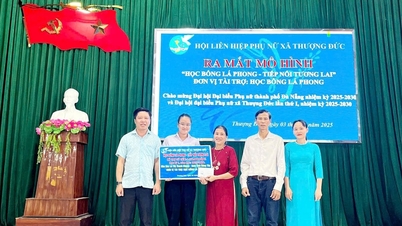


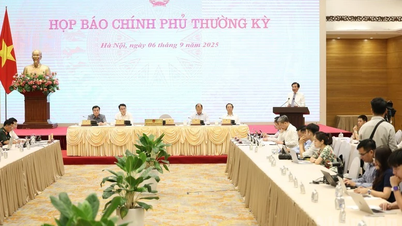






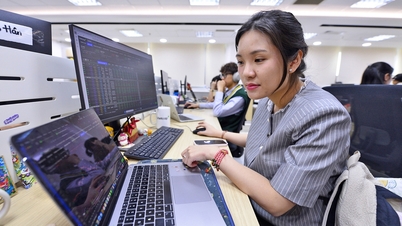
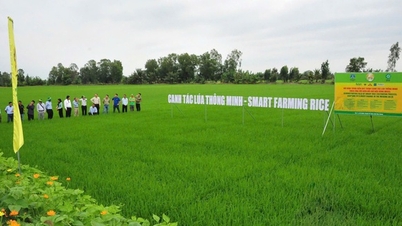

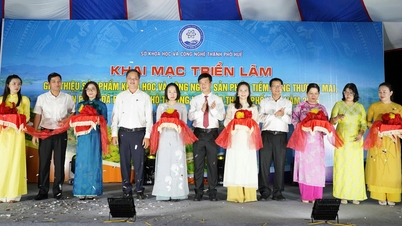

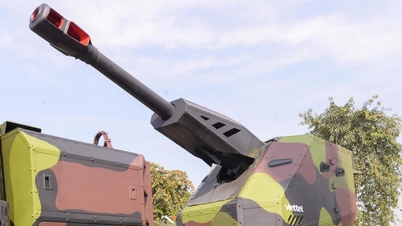
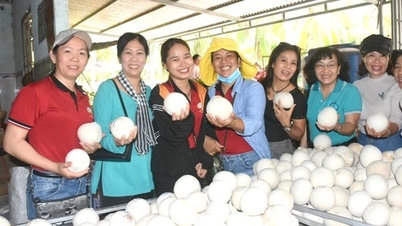


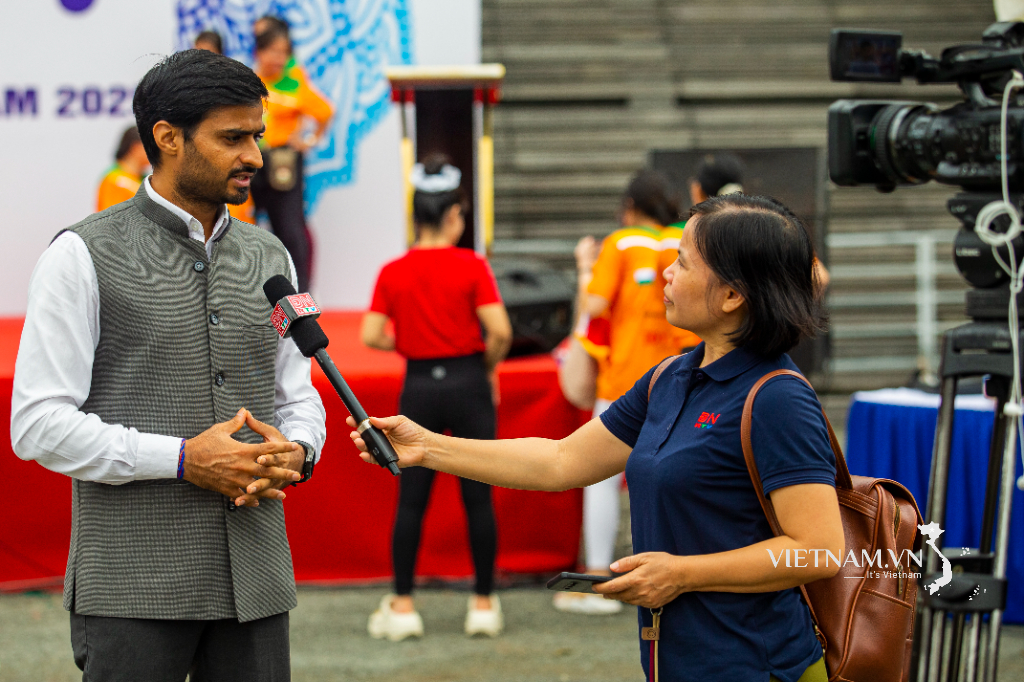

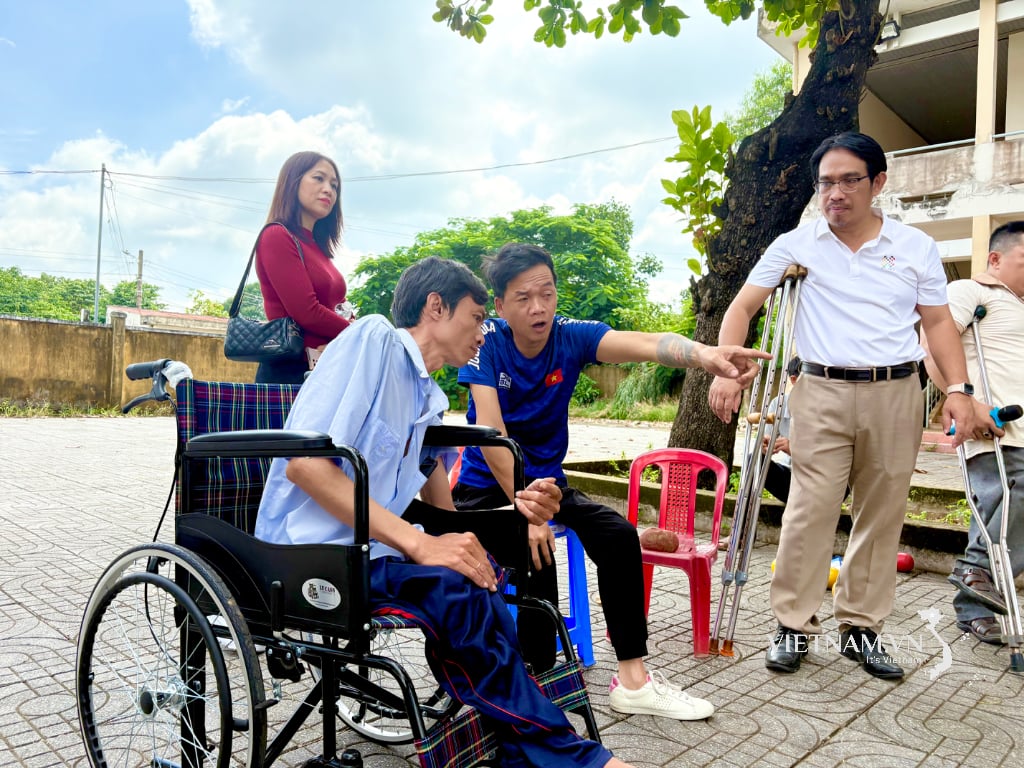
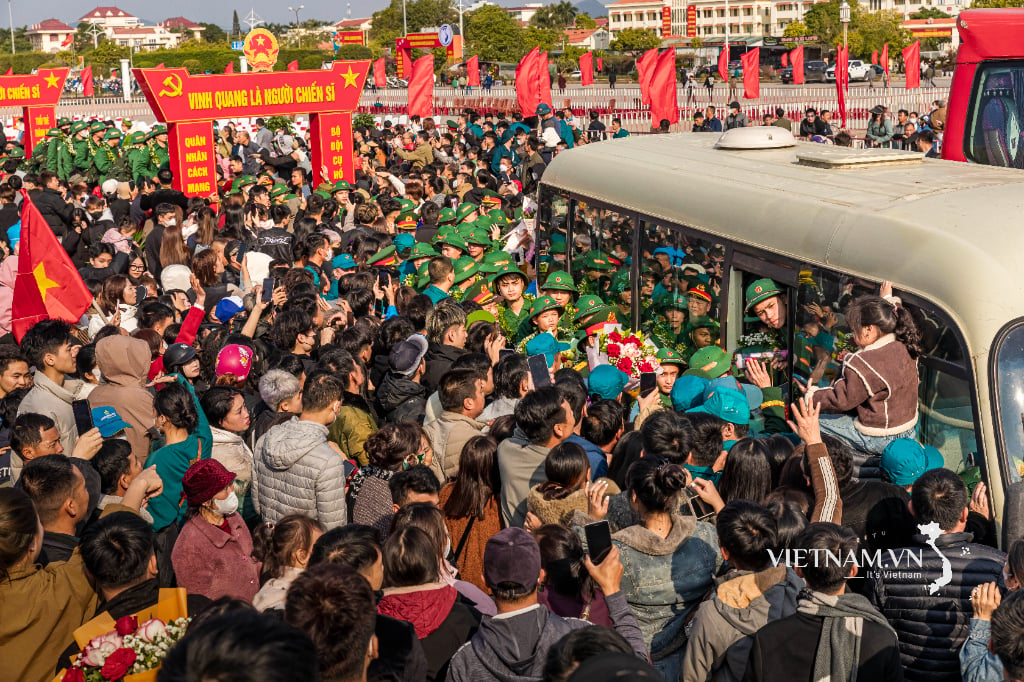
Comment (0)